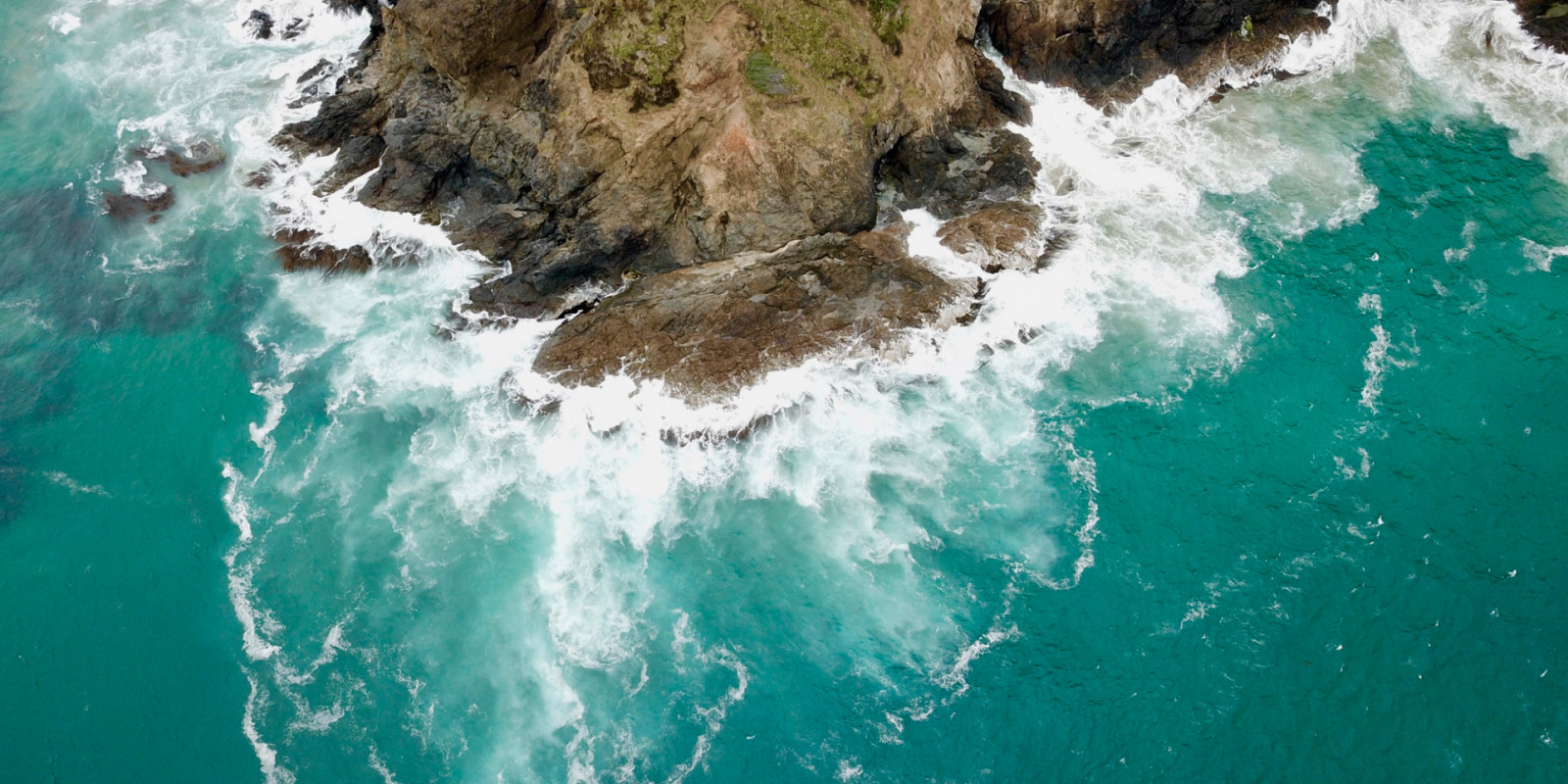- Video
Virtual field trips for schoolchildren
These field trips were created (in partnership with LEARNZ) for primary school children across the country to virtually travel and experience marine science fieldwork with our researchers.
These online field trips support a STEM-based, cross curricular approach to teaching and learning. Participation encourages curiosity, citizen-science and student inquiry.
2022 – Kohunga Kutai: A natural solution for a plastic problem
Mahurangi/Warkworth
Aquaculture is a growing industry in Aotearoa. It offers a healthy way to feed the world's growing population which can be achieved in a sustainable way. Plastic materials are commonly used in aquaculture however, which can be degraded over time, and can cause problems in the marine environment. This poses a challenge for our mussel farms which have typically used plastic socks to seed and grow kūtai (mussels), as we know that plastic in our ocean is a big problem.
Nicola MacDonald (CE of Ngāti Manuhiri and co-leader of Kohunga Kutai), along with Te Ao Rosier (Ngāti Manuhiri) and Carmen Hetaraka (Raukura Hauora o Tainui) shared how science and mātauranga Māori have come together to create natural solutions to the created problem of plastic.
2021 – Seaweed: An ocean of opportunity
Te Tau Ihu/Top of the South (Kaikōura to Whakatū/Nelson)
More than three billion people depend on marine and coastal biodiversity for their livelihoods. Globally, the market value of marine and coastal resources and industries is estimated at $3 trillion per year or about 5% of global GDP.
Kaumātua Brett Cowan (Te Rūnanga o Kaikōura), Tom Wheeler (Cawthron) and Rob Major (Building a seaweed sector) spoke about why seaweed is a wonder crop of the future, how local communities could benefit environmentally, socially, culturally and economically from a thriving seaweed sector, and how research, science and innovation are helping develop seaweed aquaculture in Aotearoa New Zealand.
2020 – Sustainable Seas: Essential for NZ`s health and wealth
Ōhiwa Harbour
Aotearoa New Zealand relies on our marine environment for a variety of uses, including fishing, tourism, recreation and spiritual well being. The challenge is to manage the different uses and values of our seas so that they remain healthy for future generations.
Kura Paul-Burke (Awhi Mai Awhi Atu) is working in Ōhiwa Harbour to understand the degrading ecosystem and promote recovery of the once abundant mussel reefs and shellfish. Leigh Tait (He Kāinga Taurikura o Tangitū) is helping support coastal hapū to assess and access high-quality ecosystem data. On this field trip you'll hear about the development of ecosystem-based management (EBM) and how it can be applied in different areas to maintain the health and wealth of our seas.
2019 – Sustainable Seas
Whakatū/Nelson
On this field trip you'll meet a number of marine scientists who will take you fishing to learn about the importance of our marine ecosystems, what fish can tell us about the health of these ecosystems, and how scientists gather information about marine areas.
Marine scientist Dana Clark (Tipping points) shares the importance of estuaries and the services they provide, with a focus on filter feeders such as cockles which keep the water clean by filtering out sediment. Ross Vennell (Participatory tools) and Heni Urwin share how learning about ocean currents is helping to understand the problem of plastic pollution in the ocean, and how this plastic moves around.
2018 – Sustainable Seas
Whakatū/Nelson
Jump on a boat out to Delaware Bay to learn about what makes up an ecosystem, and how scientists are working to better understand the links within an ecosystem.
Josie Crawshaw and Rebecca Gladstone-Gallagher will take you on a tour of an estuary and show you how they are home to many different shellfish, invertebrates and birds. Estuaries also provide feeding and breeding grounds for many animals, filter water, reduce flood risk and are a fantastic place for activities like kayaking, paddle boarding, nature watching and collecting kaimoana.
